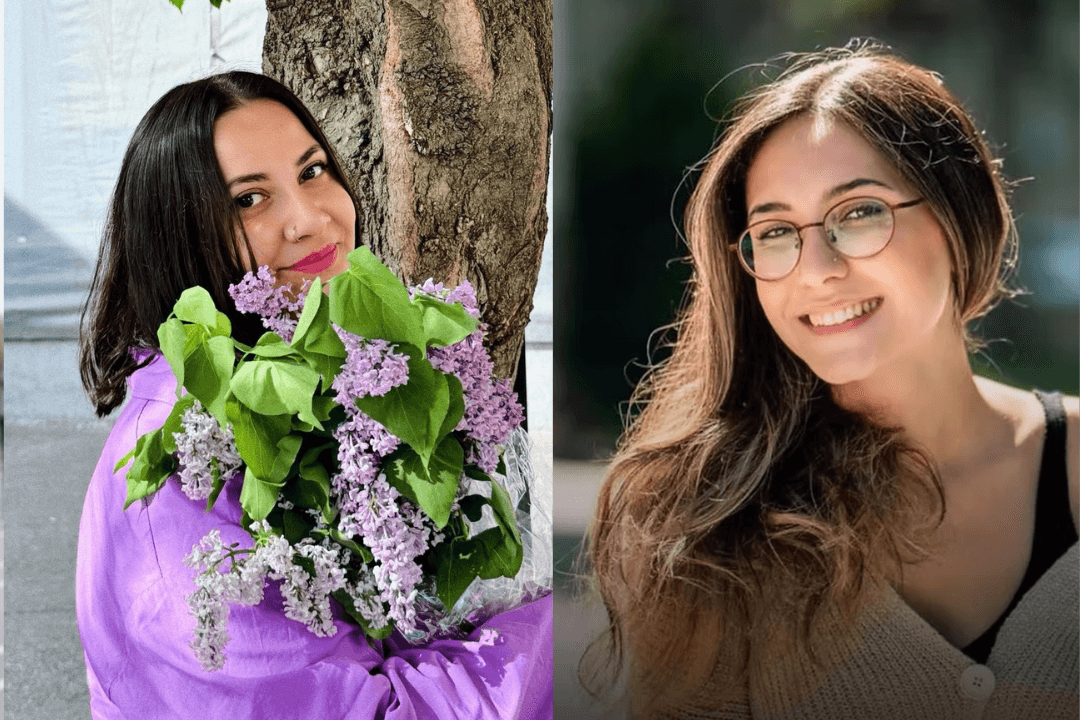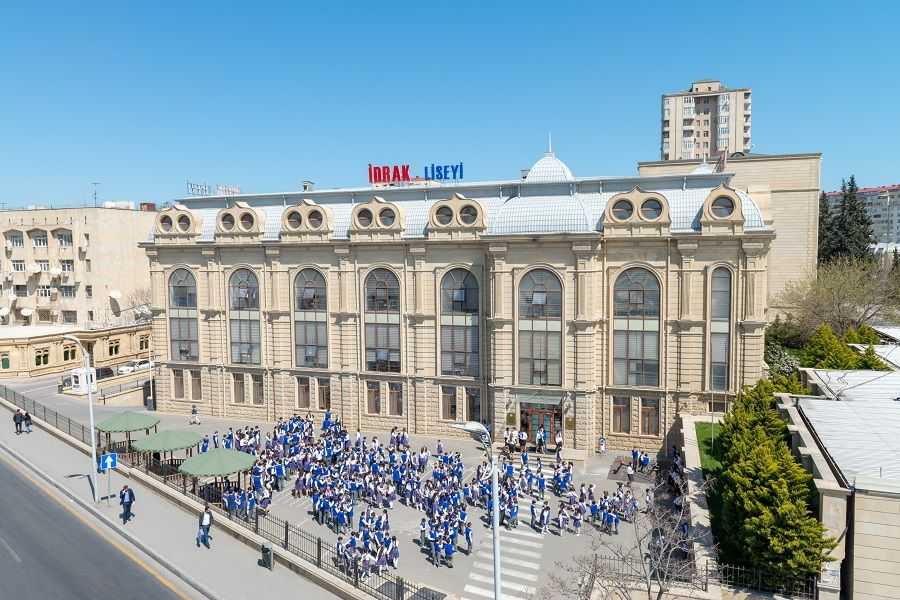
Authorities in Azerbaijan have returned a 15-year-old girl to her family after she was illegally ‘wed’ in the northern Shaki District.
Videos of the marriage ceremony in the village of Kichik Dahna emerged on social media on Tuesday.
Forced marriage of a person under the age of 18 is punishable in Azerbaijan by a fine of ₼3,000–₼4,000 ($1,800–$2,400) or restrictions on freedom for up to four years. Sex with a person under the age of 16 is punishable by up to three years in prison.
After the footage of the ceremony began to circulate online, the Sheki City District Police Department launched an investigation. Mahir Masimov, a spokesperson for the Interior Ministry in Sheki, confirmed to Qafqazinfo that the ceremony had taken place.
‘During the investigation, the fact of the marriage of M H, born in 2005, to M S, born in 1991, was confirmed. The teenager’s parents were called to the police and their statements were taken’, the spokesperson is quoted as saying.
Teymur Mardanoghlu, the spokesperson for the State Committee for Family, Women, and Children, caused anger from critics after revealing that the girl had been returned to her family, who he said was being monitored by the committee.
Mardanoghlu said that representatives of the State Committee, along with other agencies and psychologists, had visited the family to investigate the events. He said the girl would continue her education at her school in Sheki.
‘Rehabilitation is not carried out’
Zumrud Jalilova, a gender consultant at the United Nations Population Fund, said that while the current laws stipulate that both families should be fined, the fines were not high. ‘I think these fines should be increased’, Jalilova told OC Media.
She said that in the current situation it was legal to return the girl to her family, but that this was not ideal.
‘There should be institutions that keep young people away from their families for a while’, Jalilova said, ‘while social workers work with them and assess if they should return home after a certain period of time.’
‘Given the gaps in the law, of course, rehabilitation is not carried out, there are no institutions or social workers.’
‘Of course, given the difficulties, this is a risky situation. She may experience bullying at school, psychological trauma, and a social impact. For this, there must be constant monitoring by government agencies. But I can’t say how much this is being done.’
‘I think her remarriage will take place in a year. Because it seems that her family is not supporting her to continue her education. In such cases, it would be good to have a foundation to support girls’ education.’
Jalilova said that to tackle the issue of early marriages, schools should play a vital role.
‘Secondary schools are public places. Schools should report such cases to other relevant government agencies. They must demand that the teenage girl continue her education at school.’
‘However, in this case, the school did not report anything at all, and I think that in the future, if the girl stops attending school, the school will still not report her absence’, Jalilova said.









